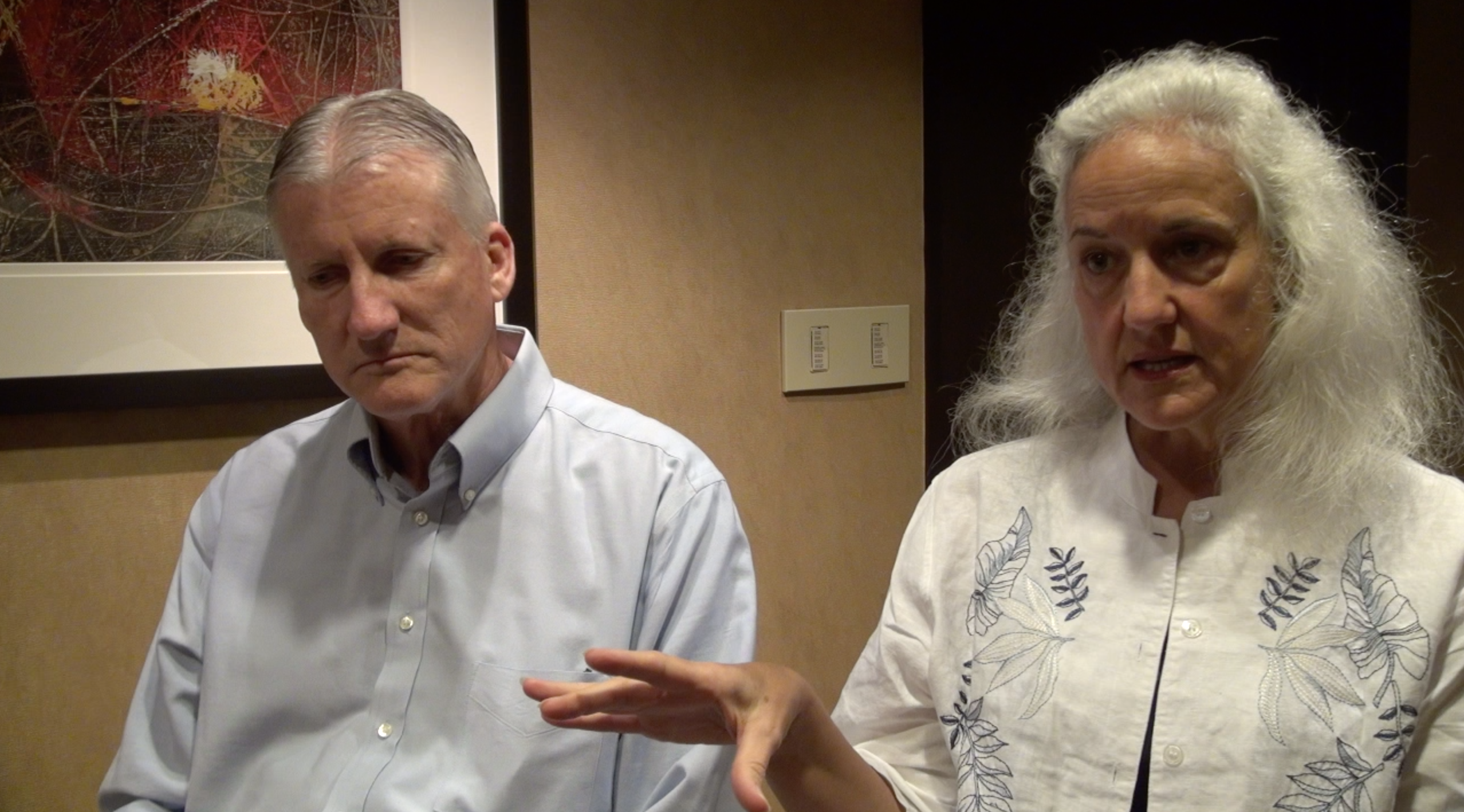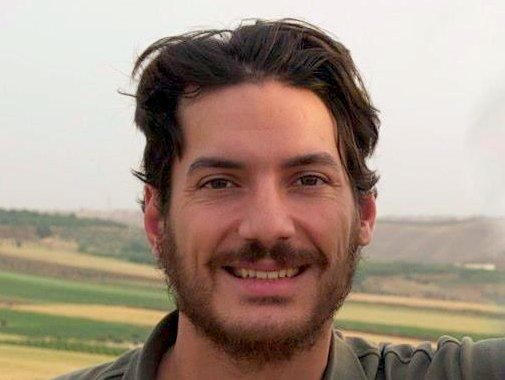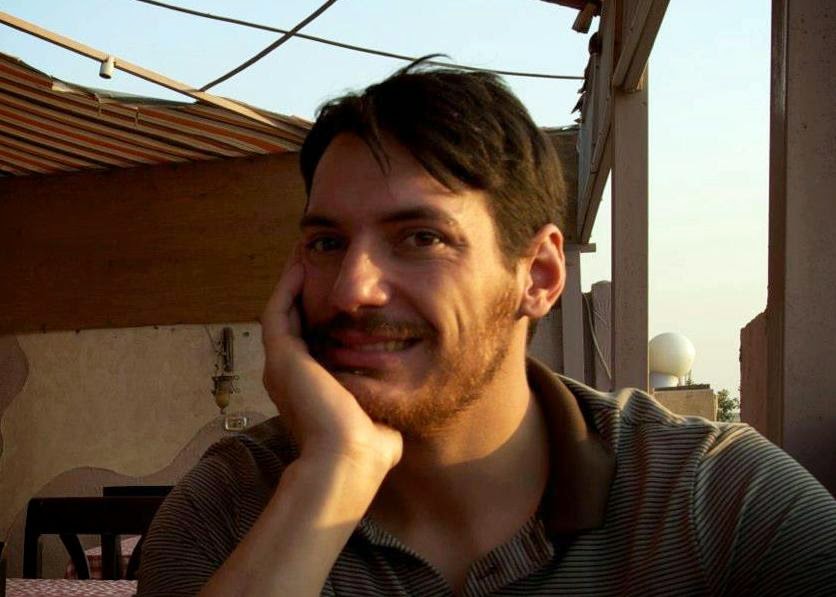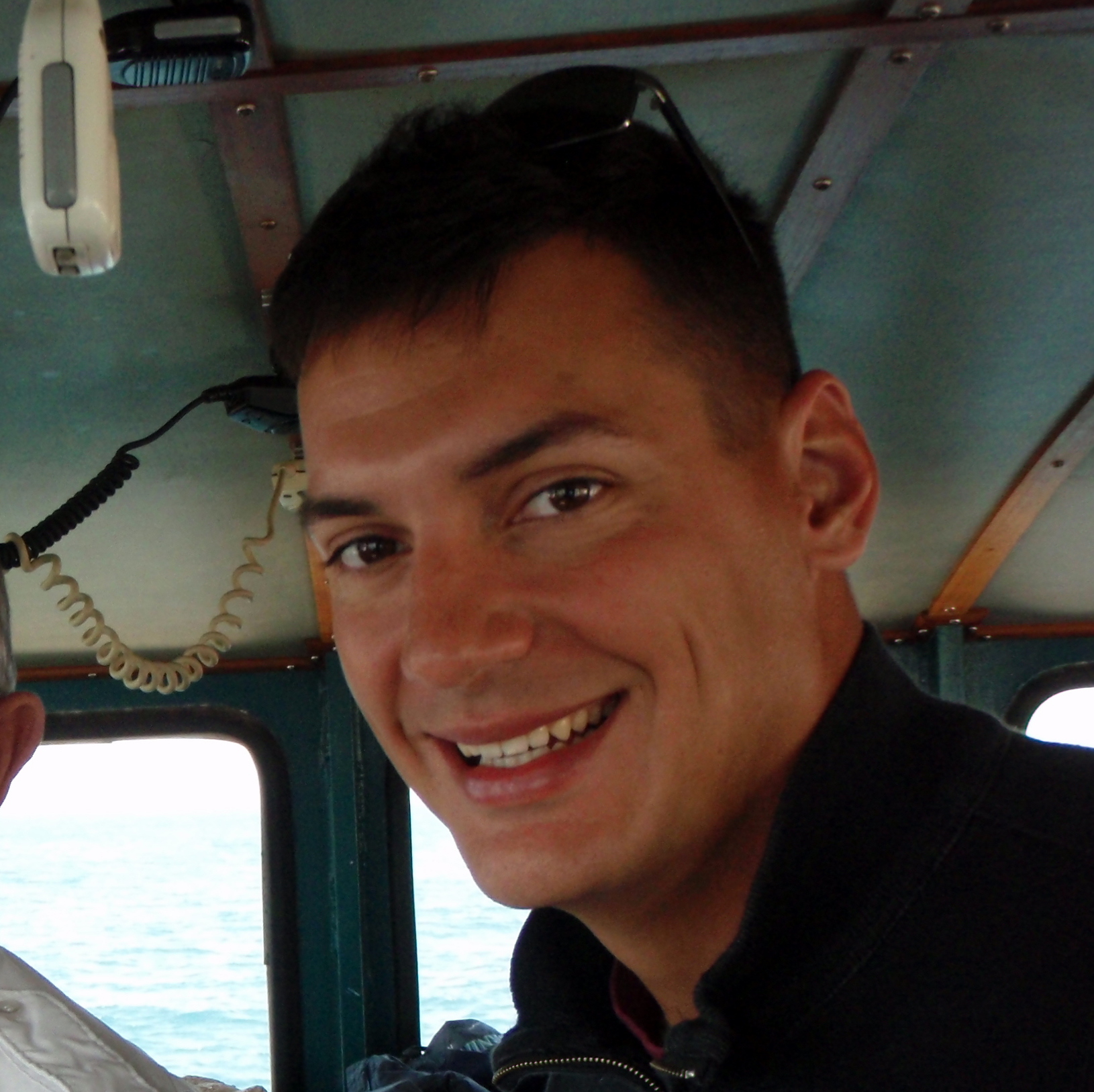You’re going to Guantanamo.
There’s a war court hearing, you’re a journalism student and you’ve been selected to go.
For years you have associated this word – Guantanamo – with torture, and a queasy tightening in your chest. The physical reality of Guantanamo, the place, never really occurred to you before this moment. It always seemed light-years away, physically and metaphysically.
But there’s no time to process this or critically assess any of the assumptions you carry because now there’s an onslaught of forms to fill out, and you need to make a photocopy of your passport by noon or you won’t be guaranteed a spot on the chartered military flight.
“The Defense Department will facilitate media access to the maximum extent possible, in an effort to encourage open reporting and promote transparency,” one form reads.
Six paragraphs down: “the Department of Defense is the sole release authority for all military information contained in all media.”
Later: “Failure to comply with these ground rules could result in permanent expulsion… of the parent news organization from further access to GTMO or to military commissions.”
The rush of rules and dizzying down-is-up rationales has only just begun.
Hurriedly you read it and pen your initials to the 13 pages, effectively forfeiting your ability to talk to certain people (detainees, Haitian and Jamaican contract workers, others) and to take certain photos (of detainees, military personnel, gates, power supplies, security measures) in the name of national security. I should read this over more carefully later, and maybe with a lawyer, you think, knowing you won’t.
You have a week to prepare, so you read up on the detainee’s case, meet with Pentagon defense lawyers, study the history of the military commissions, watch a documentary about the detention camps, and buy some bug spray.
You brush up on the history. The U.S. scored the land for the Navy base in a deal with Cuba in 1903 for $2,000 in gold a year, and still pays a pittance in rent. Washington also made sure only it could terminate the agreement.
Then came the 9/11 attacks, the “war on terrorism” and the Navy base became home to the infamous Joint Task Force prison camps, which opened in 2002 to house those captured in Afghanistan and elsewhere. In the early feverish days, there were more than 600 prisoners held there. Now the camps are down to 116 prisoners, the last of whom arrived in 2008.
Too soon the day arrives, and you’re waiting with your luggage in line at Andrews Air Force Base, not fully grasping that the men and women chatting freely in line with you wearing khaki shorts will soon transform into uniformed military legal teams, inevitably unavailable for comment.
Media board the flight first and sit cloistered in the back. You sit next to Carol Rosenberg, a Miami Herald reporter who has covered Guantanamo longer than anyone else.
She is working on the flight, striking up conversations. You listen.
Upon landing you are introduced to your military handlers for the week. They are white men in their thirties with young children back home. Most served in Iraq and Afghanistan. They are new to Guantanamo and will be here for nine months. They seem like good people, as military guards who read over your shoulder and decide which of your pictures to delete each day go.
You and your media colleagues work from a windowless room in an old converted warehouse where you assume (correctly, you think) that everything you say and do is monitored. There’s a key code to the door that only your military handlers know.
They give you a press badge emblazoned with a bold “M” and tell you to never take it off, even when you’re running or smoking or at dinner (all of which are necessarily accompanied by military handlers).
You ponder the Foucauldian panopticon nature of things for both detainees and media here, and reflect on the Joint Task Force Guantanamo motto: “Safe. Humane. Legal. Transparent.”
Your guards are, practically speaking, inescapable, but at least they are nice. You know they are just doing their job.
In a turn that comes unexpected to you (but not to Carol Rosenberg) you are informed Sunday evening that the military hearings you planned to cover Monday-Friday have been put on hold until Wednesday. You are given no explanation for the delay.
In the meantime, your military handlers scramble to find you things to do.
You ask to see the detention camps. The guards suggest snorkeling.
You visit many parts of Guantanamo in your non-commission downtime: the radio station, the windmills that power the self-sustaining base, the old lighthouse.
You marvel at the incredibly unremarkable quotidian nature of this small town base – surreal precisely because it is so normal.
You expected some sort of unsettling psychic footprint from the terrorist masterminds and torture incidence rate. Instead you eat fajitas and drink craft beer at the base’s Irish bar, O’Kelly’s. In your notes one night, you write that the dining experience was “average.”
The next morning you visit the original detention center that was tossed together to jail the first detainees back in 2002. Camp X-Ray, as it was known, was closed in April 2002 following outcry over human rights violations.
You are shown the old dog kennels, which were the only constructions in the camp with air conditioning. You walk through rows upon rows of empty chicken wire cages, once used to house America’s most wanted. You are told that nearly 300 men once lived in these 8 foot by 8 foot cells, and were confined for all but 30 minutes of recreation time each day. You explore the original interrogation and interview buildings. Like the other facilities in Camp X-Ray, they are now completely defunct and overgrown, but someone has moved all of the furniture from the small wooden buildings into one room, and now all the rotting chairs are idly stacked and overturned. You can’t help but wonder what conversations were had in these chairs. You pick rusty bullet casings out of the dry ground. When you ask about them, you are told they were probably used to teargas detainees.
You leave and go straight to McDonald’s for a McGriddle and a large iced caramel latte. The drive from the infamous detention camps to the familiar golden arches takes five minutes. There is nothing remarkable or ceremonious about your passage through these overlapping normal and (to you) non-normal worlds.
On Wednesday morning the hearings commence.
You’re given a choice. You can sit in court with pen and paper and watch in person from a glass observer box while audio is piped in on a 40-second delay. Or you can sit in the media hangar and watch the delayed feed on TV and have access to your laptop and the Internet.
You choose to go see the court.
It’s set up like a regular courthouse, except you can’t bring anything with an on/off switch inside, and there are chains on the ground near the defense tables for shackling prisoners down should they become ‘difficult.’ There is a cartoonishly large red light next to the judge, which you have been told could light up at any time if top-secret matters are accidentally discussed and they need to cut audio in the observer room where the media sit.
According to the Military Commissions Act of 2009, certain aspects of the Constitution do not apply in this court.
During the hearing you see Abd al Hadi al-Iraqi, alleged former senior commander of al Qaeda in Afghanistan.
The Mosul, Iraq native is accused of masterminding attacks on American, Canadian, German, British, Estonian and Norwegian forces.
He is also accused of ordering an attack on a medical helicopter attempting to recover casualties from the battlefield, providing a reward to the Taliban for assassinating a civilian United Nations worker, and destroying historic Buddha statues in Afghanistan’s Bamiyan Valley, a UNESCO World Heritage site.
He is wearing clean white traditional clothes and his beard is long and grey. His voice is deep and when he speaks he sounds collected, dignified, well educated. You hear another reporter describe him as “almost elegant.”
You have studied his track record of war crimes carefully. Shouldn’t you be registering some sort of visceral response as a result of being physically near someone allegedly responsible for such gratuitous cruelties? You don’t.
The hearing is a dizzying blur in legalese: you learn that the prosecution dumped new evidence on the defense team Sunday night that raised potential conflict of interest issues. In the middle of the hearing, Hadi announces he wants new temporary legal representation.
At one point, the judge and defense realize that they’ve been reading from different versions of the Commissions manual. Eventually, the military judge postpones the proceedings indefinitely until everything can be sorted out. You understand now how these things have managed to drag on for many years, with no end in sight.
With hearings canceled, there is even more time to kill.
You attend a “South of the Border” themed all-you-can-eat dinner event. A group of teenaged mariachis from Orlando performs. Someone at your table brings up how good the sailing is here this time of year.
As you drink a margarita, you remind yourself that six hours ago you sat within earshot of someone who took direct orders from Osama bin Laden.
Later, you get to see the holding areas where they keep the prisoners before they appear in court. There are body cavity searching chairs, which look sort of like grey plastic thrones and restraint chairs, which look like a cross between a hospital gurney and a straight jacket. The rooms are a cloying yellow that immediately gives you a headache. When you ask who chose the color, you are told that yellow is calming.
There is a grill outside. You ask if they grill often.
“We have to be here 24/7, so…” your tour guide says. You wonder how long it takes for Guantanamo’s non-normal and normal worlds to completely collapse in a way that is routinized and totally palatable.
As you board your return flight the next day you wonder – given all of the institutional roadblocks – how you could ever produce meaningful coverage that adequately reflects this place’s complexities and contradictions in a way that amounts to more than a been-there, done-that dispatch from a place where the U.S. appears to have no foreseeable exit strategy and most of the country seems to have moved on from.
Soon it will be time to chat with the men and women in their polo shirts and shorts who couldn’t talk to you when you were all in Guantanamo.





















